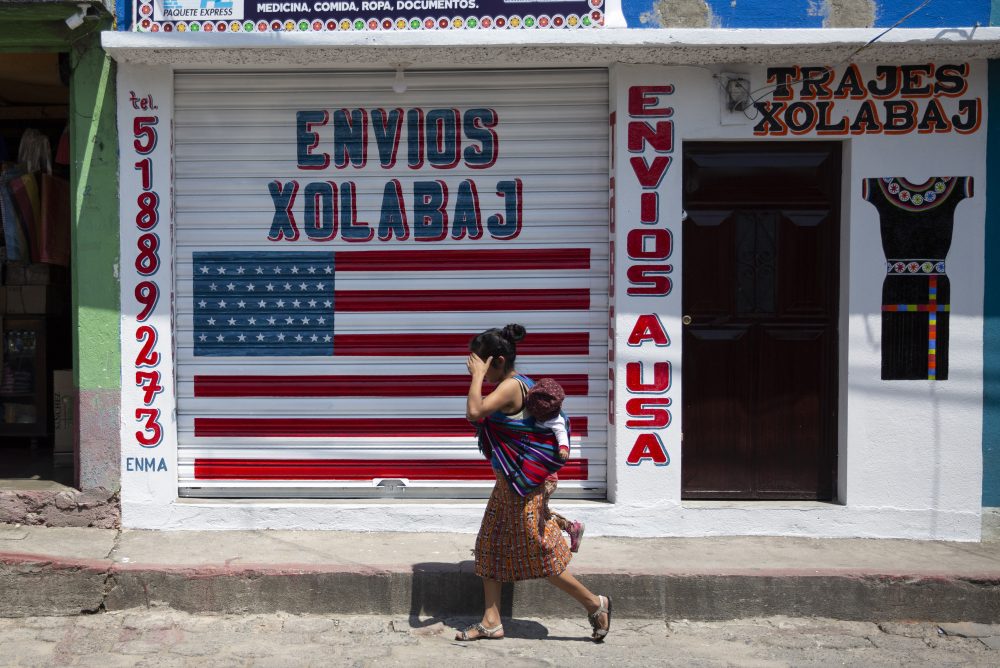The World Bank is expecting remittances to low- and middle-income countries to drop 20% globally in 2020 due to COVID-19, the largest decline ever recorded.
Many of Texas’ five million immigrants send critical funds, or remittances, back home to their families. The money sent back home to family members in the developing world is often a financial lifeline that keeps people out of poverty.
Experts estimate without this additional help from families abroad, more people will go without health care and food on the table in developing regions like Central America.
Frank Lopez immigrated to the United States 12 years ago from Honduras. Since his move, he has sent thousands of dollars to his 12- and 17-year old daughters who still live with their mom in Honduras — $300 to $400 every month, he said.
Now, he’s only able to send $20 here and there. Lopez is a day laborer in Houston. Since COVID-19, he’s struggled to find work. The few hundred dollars he earns a month doesn’t even cover his own expenses now, so he worries about his family back home.
“What is going to happen with my kids?” Lopez asked. “Whose going to provide for them?”
Lopez said his children and their mom were going hungry on their own. Recently, they had to move in with family in a rural part of Honduras, to make sure they could eat.
“They had to go to the mountains,” Lopez said. “At least they have beans and they’ve got chickens over there. They can eat eggs every morning.”
Like Lopez, millions of migrants around the world send money back home to their families in poorer countries.
A $100 billion decline
This decline comes as global remittances to low- and middle-income countries had reached an all-time high in 2019: $554 billion. Now, in 2020, remittances are expected to fall by more than $100 billion dollars.
This especially impacts migrants who depend on money from family in the United States. More remittances are sent from the U.S. than any other country — some $68.5 billion in 2018, according to the World Bank.
“We are looking at a huge human story associated with this decline in remittances,” said Dilip Ratha, The World Bank’s lead expert on remittances and migration.
He said countries are already reporting stark declines in regions like Central America, which is expected to be hard hit.
“El Salvador had a year on year decline of 40% in the month of April,” Ratha said.
















